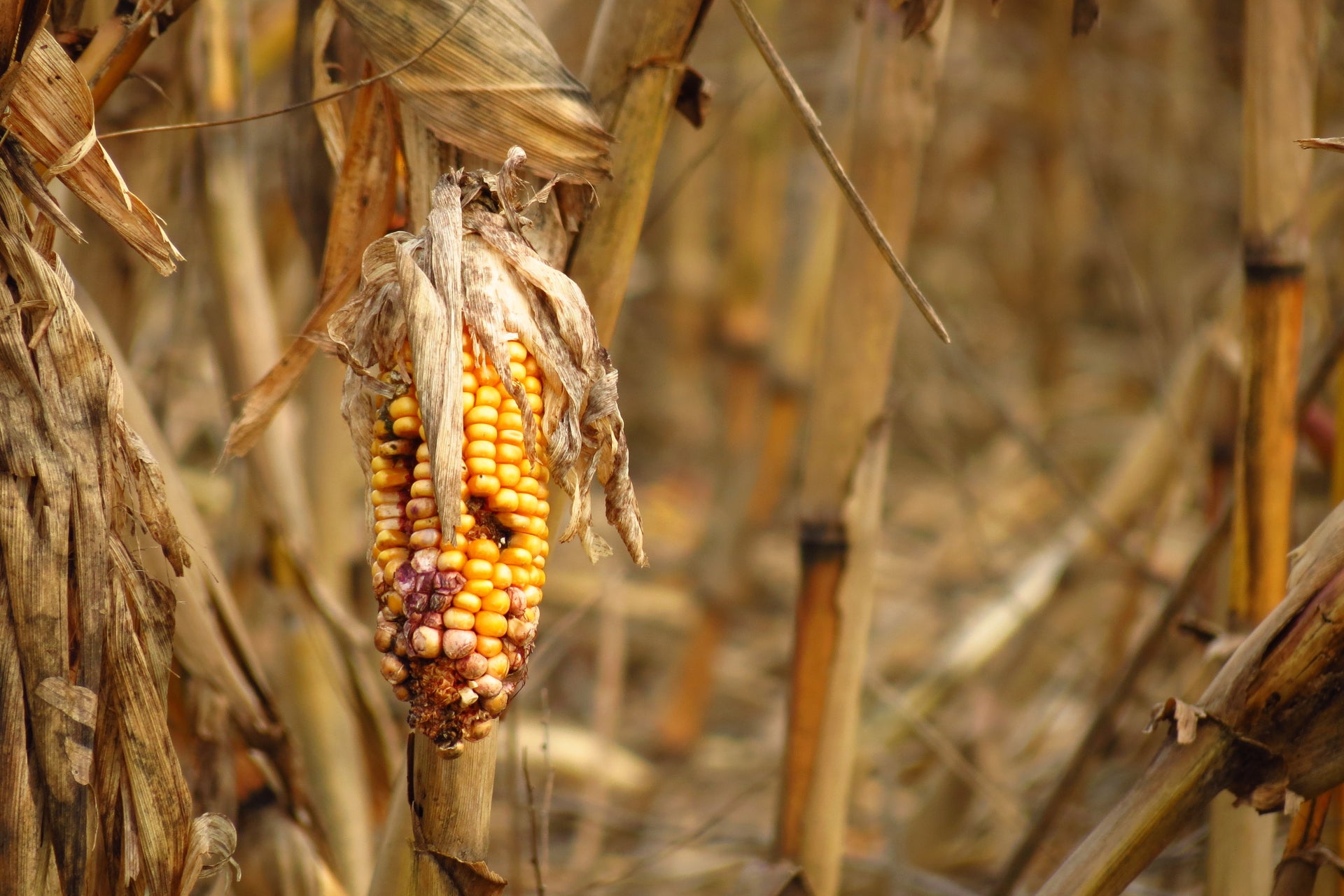
A team of researchers from Penn State University have developed a new tool that uses artificial intelligence (AI) to predict crop productivity for farmers in Africa, in a bid to protect crops from climate change.
The tool – which has been built in to the team’s existing “PlantVillage Nuru” smartphone app – makes use of large amounts of data from various sources in order to provide information and offer advice on suitable crops, alternative farming methods and best practices.

Access deeper industry intelligence
Experience unmatched clarity with a single platform that combines unique data, AI, and human expertise.
The app makes use of data from the United Nations’ Water Productivity through Open access of Remotely sensed derived data (WaPOR) portal. It also uses the UN’s Crop Calendar, a tool that provides local farming information, as well as local weather and soil data. In total, the PlantVillage AI tool uses tens of thousands of data points to provide informed insight and recommendations.
According to David Hughes, associate professor of entomology and biology and one of the researchers involved, hundreds of millions of African farmers are suffering as a result of climate change.
“For example, earlier this year, which has been the hottest year on record, Mozambique was hit with two cyclones, both among the strongest ever recorded in East Africa,” Hughes said. “They caused almost $1bn in damages and destroyed nearly 80% of staple crops throughout the region. They also changed rainfall patterns across East Africa, which further affected the crops.”
The researchers noted that the majority of farmers in the region remain unprepared for such incidents. Some 95% of African farmers rely on rain to irrigate their crops, for example, and would be likely suffer crop loss if a drought was to occur.

US Tariffs are shifting - will you react or anticipate?
Don’t let policy changes catch you off guard. Stay proactive with real-time data and expert analysis.
By GlobalDataUsing the PlantVillage Nuru app and the AI tools it offers, the researchers hope that they can “nudge behaviour changes” and encourage farmers to better prepare.
“There are proactive behaviours, such as planting for increased crop diversity, promoting soil moisture conservation and engaging in water harvesting, that are known to increase resilience,” Hughes explained.
This builds on the support offered by the PlantVillage Nuru app, which is able to accurately diagnose crop diseases. Tests carried out in environments that mimic African farms found that the app was twice as good at diagnosing an issue compared to a human expert.
Researchers from North Carolina State University recently created a similar tool to detect disease in plants, designed to catch issues early and allow farmers to stop diseases from spreading through the entire crop.
The new PlantVillage AI farming tool – funded by the Bill & Melinda Gates Foundation, as well as the governments of Ireland, the Netherlands, Norway and Belgium – has been launched to coincide with the UN Climate Action Summit, which is taking place at the UN Headquarters in New York City today.
Read more: Listening to nature: How Rainforest Connection is using Huawei AI to combat illegal logging







